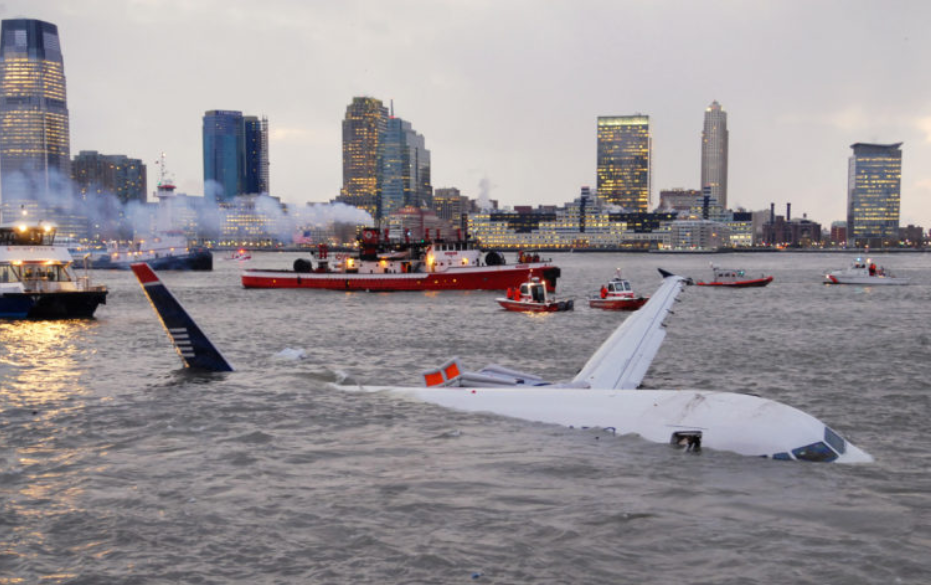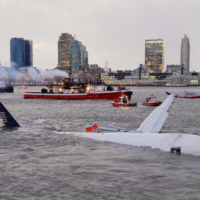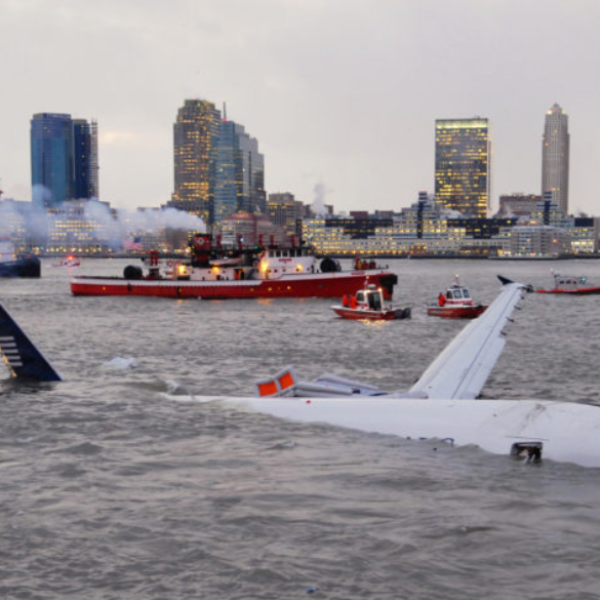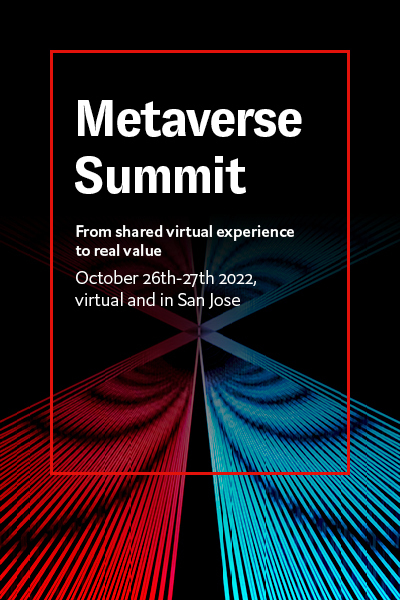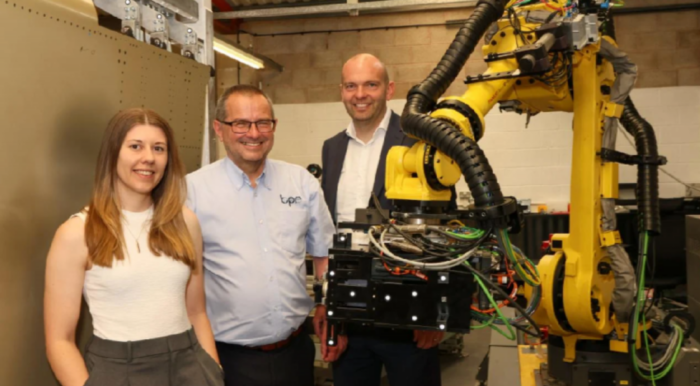- Last modified: June 7, 2024
“Would you fly with an aircraft without a human pilot?” asked Christoph Regli during his TEDx talk, an airline pilot and aviation researcher exploring the potential of AI robots piloting commercial airliners. Regli oversees the Bachelor’s Degree Program in Aviation at the ZHAW School of Engineering in Switzerland.
His opening quote set the stage for a thought-provoking examination of the crucial role of trust in human-machine interactions within the aviation industry.
“Imagine you’re on a journey to an amazing destination,” he said. “You try to catch a glimpse of the cockpit but the only thing you see there is [an AI system]. Would you still proceed to your seat? Would you sit back, relax and enjoy the flight? Would you trust this artificial intelligence, this AI pilot?”
Regli acknowledged the inherent skepticism, saying: “From an engineering point of view, trust is hard to grasp. Trust cannot be measured, trust cannot be proven.” However, he argued that a framework akin to licensing could help build confidence.
“Instead of trying to certify an artificial intelligence, why not license an AI like a human pilot?” he suggested. “Check an AI like a human pilot to gain trust.”
Advocating for an “anthropomorphic concept,” Regli proposed “Train an AI like a human pilot until the AI pilot has learned how to fly an aircraft, until countless impossible scenarios have been played through and solved to satisfaction, until we have justifiable trust in the AI pilot after a long track of proof.”
He cited the famous “Miracle on the Hudson” incident in 2009 as evidence of human pilots’ invaluable ability to think creatively and respond to unexpected situations.
“They did it right,” Regli stated, stressing how “humans have brains, humans can do more than just what we have been trained for, and humans can be creative.”
While acknowledging the potential benefits of AI in aviation, Regli underlined the need for a cautious and methodical approach to build trust.
“Trust has to be earned, and it takes a long track of proof to gain trust for some murky entity with an in-transparent interface, for an inconceivably complex AI,” he said.
As the aviation industry delves into integrating AI technologies, Regli made a point of the critical need for human oversight and building trust through thorough training and validation. While the move towards autonomous flight seems inevitable, it must be approached with great care and diligence to ensure the safety of both passengers and crew.
Featured image: Miracle on the Hudson. Credit: Associated Press Q&A column called “Ask AP”. (AP Photo/Edouard H. R. Gluck)

